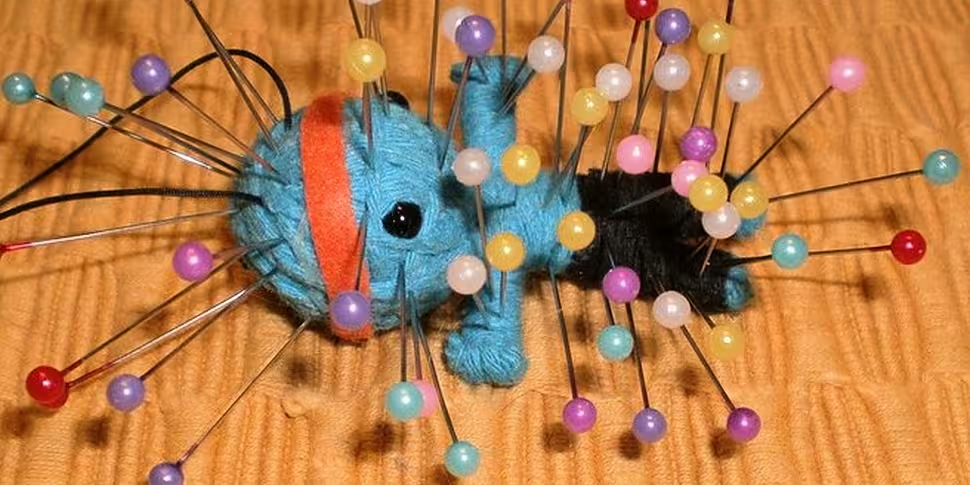While it’s often said that living well is the best revenge, it also appears that there is a lot of personal satisfaction to be derived from getting your own back on a perceived slight or wrong. That’s according to a new study in the Journal of Personality & Social Psychology, which reveals that a swift act of immediate vengeance does result in a boost in happiness.
When carrying out their experiment, the research team asked volunteers to write personal essays which would then be swapped with another participant for feedback. Unbeknownst to some of the group, however, the researchers handed out some pre-prepared and particularly critical appraisals, forcing them to confront some very harsh criticism.
The participants were then each given a voodoo doll and prompted to pretend it was the person who had just scathingly reviewed their work, and according to the BPS Research Digest, the act of sticking pins into the object did significantly improve their mood.
Less clear, however, was the relationship between that act of retribution and the intentions of those acting on it; according to the paper’s authors, the participants did report feeling better after wreaking their sweet revenge, but it was difficult to tell how much action they would have taken without being prompted by the research team.
A point in lashing out?
To test this, a second group of 154 volunteers was formed, with each person given a placebo pill that the participants were told would heighten their thinking and mental abilities temporarily. The researchers also told some members of the group that consuming the pill would produce a mood-stabilising effect, meaning that whatever humour they were in at the moment of ingestion would remain that way until the alleged effect wore off.
The volunteers then played what they were led to believe was a team-based video game, with some of the games designed in such a way as to make them feel ignored by the other players.
When the game wrapped up, players were given the chance to “punish” their teammates by sending their headphones a loud blasting noise. Most of the players opted to do so, with the exception of the ones who had had their moods stabilised, who “presumably believed they had no prospect of improving mood, so there would be no point in lashing out,” as study author Alex Fredara said.
The results indicate that not only did the volunteers get a sense of enjoyment out of vengeance, they also sought it out as a way of improving their mood. A damning indictment of the human condition, but also a timely reminder to not go out of your way to wrong those around you.









